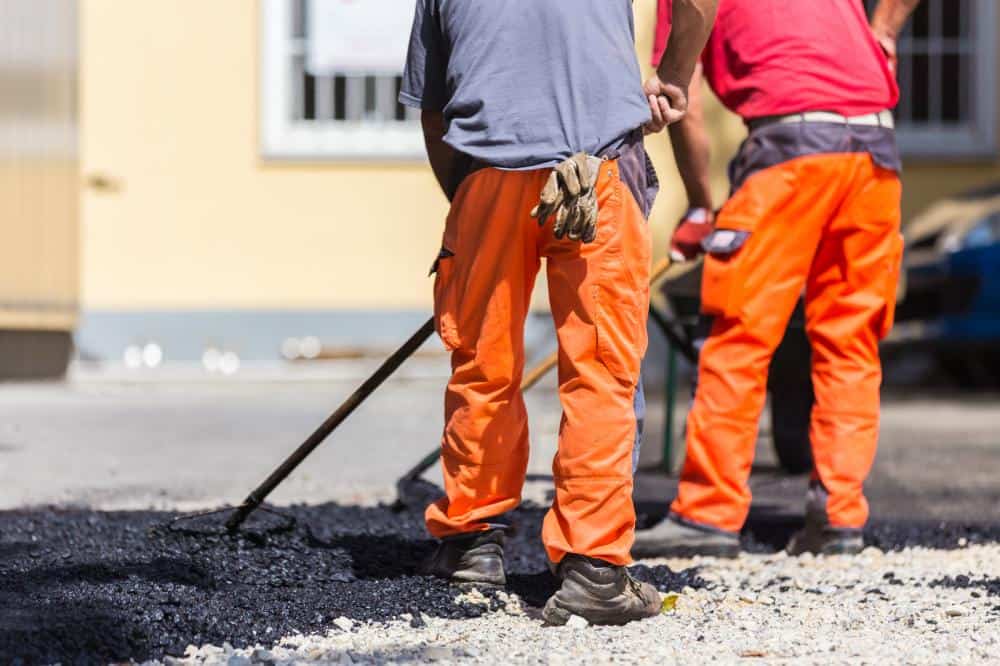“It was a slave camp,” one resident told reporters. “I can’t believe the court sent me there.” These were the words he used to describe a court-sanctioned diversion “drug treatment program” that has left people convicted of minor drug crimes disabled, working countless hours a week in a chicken factory with no pay.
In Oklahoma, Arkansas, and other states, diversion programs — meant to help people struggling with addiction — offered by the government have little to no oversight or regulation. Normal diversion programs offer intensive drug treatment with counseling, mental health services, and other therapeutic services to people who got in trouble with the law and need them most.However, this isn’t what is happening in many facilities across America, which only offer a facade of drug treatment services.
Often, judges are complicit in offering new participants to the program. Some judges even send non-drug users to these programs, believing it will give a low-level offender a better work ethic.
Like many rehabs, Christian Alcoholics & Addicts in Recovery, also known as CAAIR, was built to make a profit. The program relies on “faith and work” to treat addiction. Many treatment centers turn a profit, that’s nothing new. However, as the report makes clear, the profit wasn’t for the treatment industry. In fact, CAAIR was built to use forced labor as its business plan. Many of the treatment centers in the report used the guise of treatment to turn a profit, too. An apt description:
“Perhaps no rehab better exemplifies this allegiance to big business than CAAIR. It was started in 2007 by chicken company executives struggling to find workers. By forming a Christian rehab, they could supply plants with a cheap and captive labor force while helping men overcome their addictions.
At CAAIR, about 200 men live on a sprawling, grassy compound in northeastern Oklahoma, and most work full time at Simmons Foods Inc., a company with annual revenue of $1.4 billion. They slaughter and process chickens for some of America’s largest retailers and restaurants, including Walmart, KFC, and Popeyes Louisiana Kitchen. They also make pet food for PetSmart and Rachael Ray’s Nutrish brand.” – Center for Investigative Reporting
According to the investigation by the Center for Investigative reporting’s Reveal, thousands of people convicted of low-level offenses are sent off to “camps” like this for diversion purposes, all under the guise of “drug treatment.” Former employees said work takes priority over everything – 12 step meetings, therapy, and parenting classes are often nixed. Some people who work at CAAIR experience serious drug withdrawal, seizures and mental health crises during their stay, according to former employees, but there is no trained medical staff and the program itself explicitly prohibits psychiatric medicine.
Instead of counseling, evidence-based treatment such as medication, mental health assessments, and other services provided by licensed professionals, participants in the program who spoke out say they were being worked nearly to death. The camps and programs offer access to 12-step programs, but most of them work their prisoners every day of the week. However, Bible class is still mandatory.
When the workers at CAAIR complained, they were threatened with prison. Many of these prisoners get injured during their stay, some of them horribly – one who was interviewed was injured by acid, and many left the work camps with mangled fingers typical in meat processing plants. Some of them will never be able to work again.
Yet the fear of punishment was so great many worked through the pain without proper medical treatment. A few were denied medical treatment of any kind.
Many defendants sent to programs such as CAAIR have not yet been convicted of crimes, and some later have their cases dismissed, which points legal experts to 13th Amendment violations, which only allow indentured servitude for those convicted of crimes. CAAIR is relied upon by the drug courts and is regularly used in a sentence, although judges appear to be violating Oklahoma’s drug court law requiring sentences for drug treatment must be through certified programs with trained counselors and state oversight. CAAIR is uncertified. No state agency actually regulates drug treatment centers, so although the law exists, there is no oversight.
About 280 men are sent to CAAIR, located in Oklahoma, every year. They come from Oklahoma, as well as Arkansas, Texas, and Missouri. Instead of paychecks, the men get bunk beds, meals and Alcoholics and Narcotics Anonymous meetings.
The ACLU plans to take action against several companies in the based on Reveal’s reporting. The “treatment centers” will need to be tackled one at a time, and without oversight, there is little to stop these work camps from existing and exploiting people who really want to get help.



Leave A Comment
You must be logged in to post a comment.